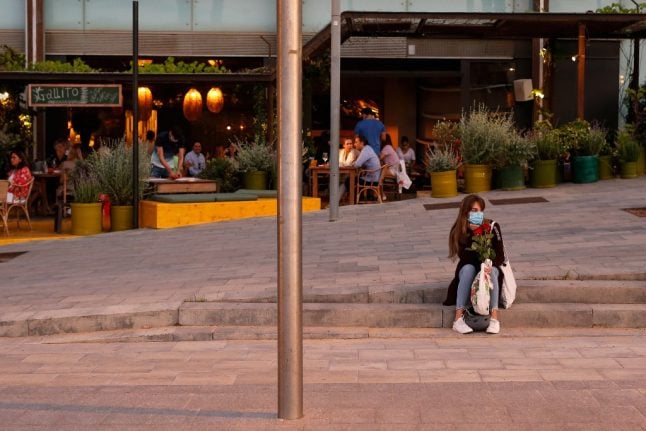The ministry's daily report recorded 34 deaths over the previous week, but none over the previous 24 hours. It was Monday's report on the previous 24 hours that first broke a run of daily reported deaths dating back to March 3.
To date, Spain has recorded a total of 27,127 deaths from the virus, making it one of the worst-hit countries in the world.
But Fernando Simón, head of the Coordination Centre for Health Alerts and Emergencies, also told journalists of the ongoing concern at “day-to-day discrepancies” in the data — divergences that would be “verified”, he said.
Datos sobre #COVID19 en España, desde el primer caso inicial, actualizados a hoy 2 de junio:
▶Confirmados por PCR: 239.932
▶Fallecidos: 27.127Información por CC.AA.: https://t.co/yOuELpfgYE#EsteVirusLoParamosUnidos pic.twitter.com/agSchB8i4J
— Salud Pública (@SaludPublicaEs) June 2, 2020
Since the health ministry introduced a new method of tracking cases, inconsistencies have appeared in the data.
But Simón stressed that the priority now was to remain vigilant and to detect new cases as quickly as possible — which they were managing to do, he added.
So far Spain has detected nearly 240,000 cases of the virus.
Step by step, it is gradually easing what was one of the world's strictest lockdowns imposed to slow the spread of the virus.



 Please whitelist us to continue reading.
Please whitelist us to continue reading.
Member comments